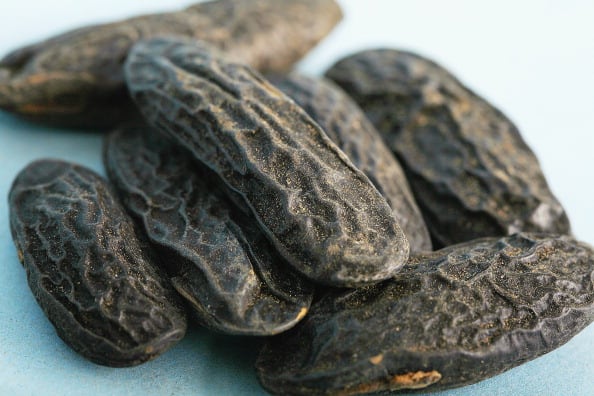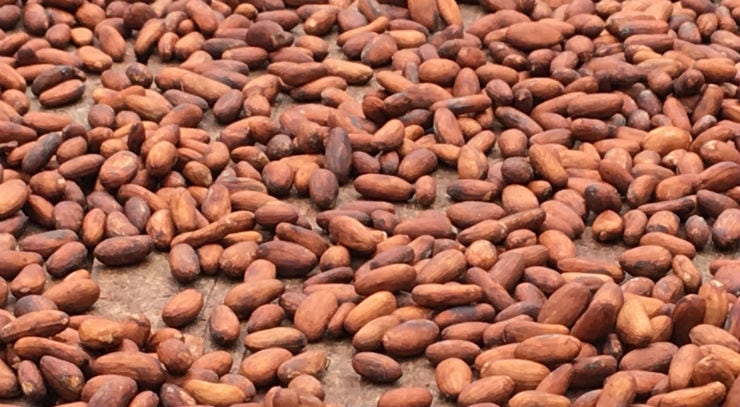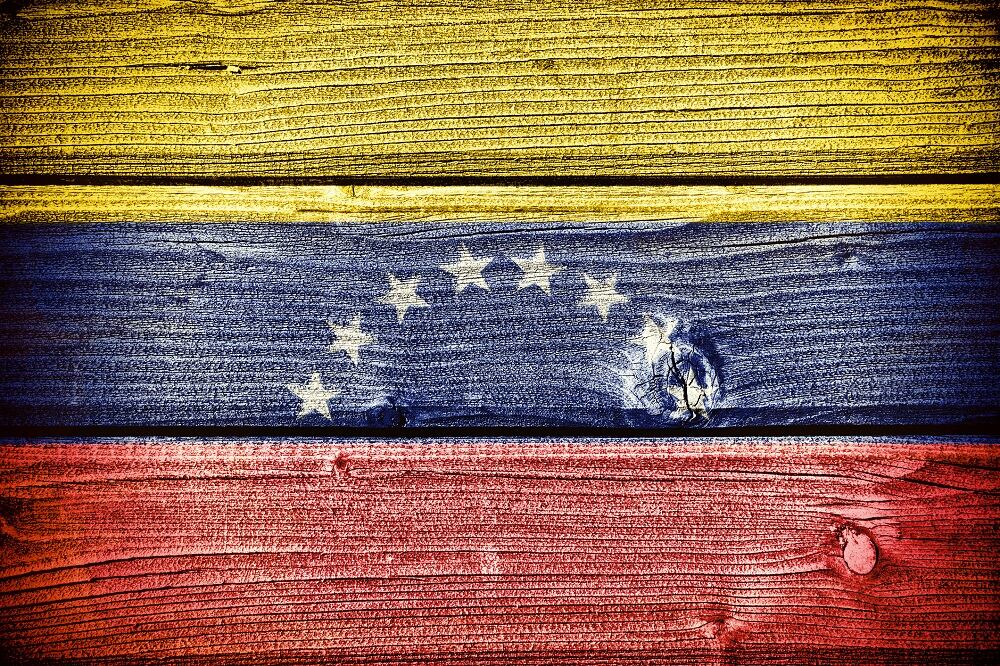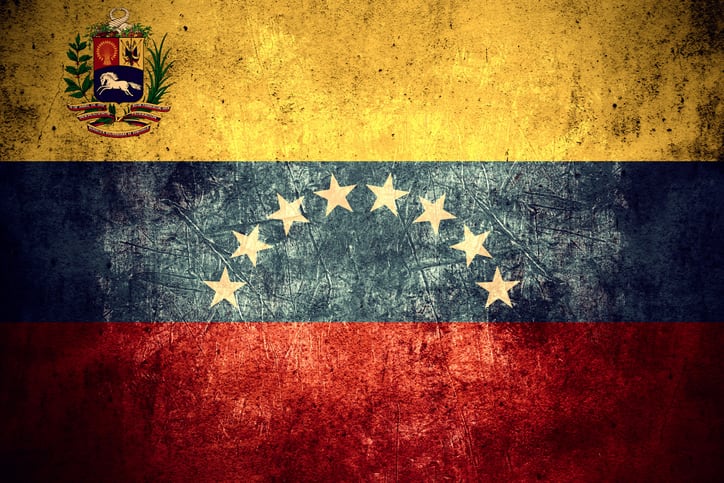Known as 'camarú' in Spanish, tonka beans contain signature notes of caramel, almond, vanilla, and tobacco, making them a popular ingredient in luxury perfumes and high-end gastronomy.
In Venezuela, they grow on trees in the Caura River basin, located in Venezuela’s southeastern Bolivar State, an area of over 4.5 million hectares with diverse forest ecosystems.
Even before the country's political and economic crisis, the area's natural resources - and the people who rely on them for their livelihoods such as the Aripao and La Colonial indigenous communities - were under increasing threats from illegal mining, overfishing, and deforestation for farming and timber.
Swiss flavor and fragrance house Givaudan has therefore been working with environmental non-profit Conservation International (CI) since 2007 to ensure stable supplies and greater protections for the Caura River basin eco-system.
“Despite the political difficulties, we continue our support thanks to the follow-up of the local NGO and local partner [Venezuelan non-profit Phynatura],” Julia Gaeta, flavor communication head for Givaudan Latin America, told FoodNavigator-LATAM.
“Conservation International is a recognized organization in conservation and they were targeting Venezuela as a biodiversity hot spot. The opportunity came naturally," she added. 6253041455
Technical and financial support
Under its Conservation Stewards Program, CI gives local indigenous communities technical and financial assistance (such as micro-loans) for tonka bean harvesting in exchange for commitments to preserve the forest’s flora and fauna.
Communities maintain trails through the forest and monitor any changes in biodiversity. They can also earn additional income by watching out for signs of logging and keeping counts of species using GPS and cameras.
“As part of the education program, the local communities are taught better drying and storage processes, as well as new and more efficacious harvest routes to increase the amount of beans collected,” said Givaudan.
Givaudan sources tonka beans mainly for fragrances and developed Roasted Tonka Absolute, certified by Ecocert, a natural ingredient for perfumers.
However, tonka beans are increasingly used as a premium ingredient by food manufacturers, particularly for sweet applications.
Last year, premium UK retailer Waitrose identified the tonka bean as one of its ‘ingredients to watch’ because it tapped into the growing trend for botanical flavors. Products such as lemon thyme mousse or tonka bean panna cotta were good examples, it said.
Brazilian start-up SoulBrasil, meanwhile, makes condiments and jams using ingredients that reflect Brazil's biodiversity, including tonka bean in its uba mango jam.
'Conservation Hero'
Last month, CI awarded Givaudan its ‘Global Conservation Hero’ award for the supplier’s commitment to protecting natural resources and empowering communities while sourcing responsibly.
Since the project began, it said it has helped conserve 150,000 hectares of forest area.
The supplier’s head of fine fragrances for North America, Emily Bond, said: “A program like this benefits the environment while ensuring the supply of tonka beans, which is an important and precious ingredient […].”
Tonka beans contain high levels of coumarin, which acts as a natural pesticide for the tree.
Also present in cinnamon, coumarin can be toxic to humans if consumed in high doses and, for this reason, tonka beans are banned in the US by the Food and Drug Administration. They are legal in Europe and Canada.




